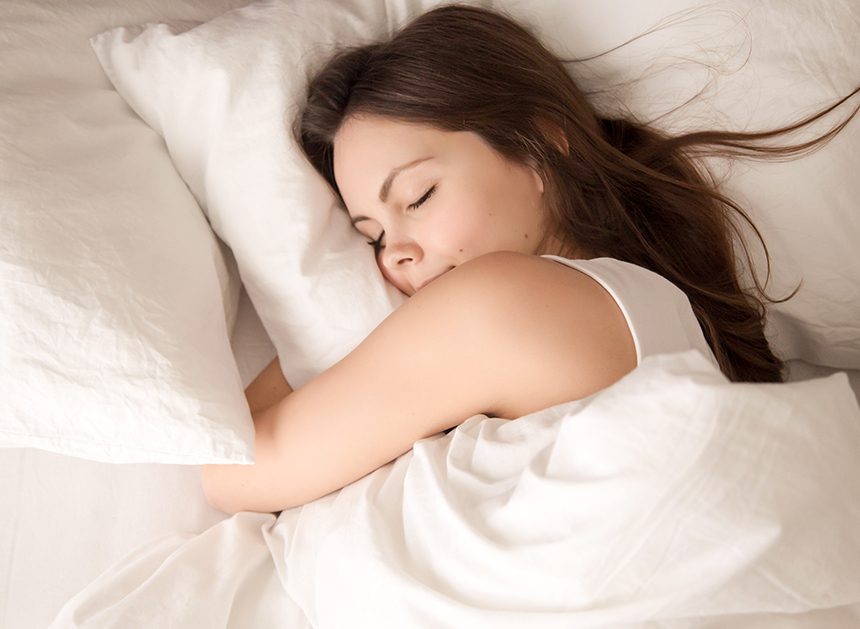Bruxism/TMD/Sleep Apnea
Bruxism
Bruxism is excessive teeth grinding or jaw clenching. In some cases, bruxism can be frequent and severe enough to lead to jaw disorders, headaches, damaged teeth and other problems including TMD.
Some patients may suffer from bruxism while they’re awake, which may be due to anxiety, stress, anger, frustration or tension. Others may suffer from sleep bruxism, which means they may clench or grind their teeth during sleep.
It’s essential to seek regular dental care if you notice any concerns about your teeth or jaw.
TMD (Tempro-Mandibular Disorder)
Tempro-Mandibular Disorder (TMD) is a common condition affecting a wide variety of people. The vast majority of TMD sufferers are unaware that the root cause of these problems is something that a dentist can effectively treat.
The symptoms of TMD are debilitating and can greatly interfere with every day life. The comfort and general well being of the patient is at the heart of the dental practice, so pain relief is the first consideration of the dentist. The dentist is able to test, diagnose, and devise an immediate plan to treat the underlying causes of the TMD.
The most common cause of TMD is the misalignment of the teeth, often called “bad bite.” It is possible for the dentist to realign or adjust the teeth without the need for painful or expensive surgeries.
It is important for anyone experiencing the symptoms of TMD to visit the dentist for a diagnosis. If you are experiencing any symptoms of TMD, we encourage you to contact our office today to schedule an appointment.
Book your Penticton Dentist Appointment

Sleep Apnea
Sleep apnea is a serious medical disorder that affects around 10% of men over the age of 40, and 6% of women of the same age. Sleep apnea sufferers completely stop breathing during sleep, sometimes hundreds of times in a single night. Normal breathing ceases because the airway becomes obstructed, causing a serious reduction of airflow to the lungs.
There are a number of sleep apnea applicances that can be used to alleviate this condition. The goal of most of these devices is to separate the jaws and push them forward slightly. This slight repositioning opens up the airway, and allows oxygen to flow freely again.
Patients that use dental devices to alleviate sleep apnea report feeling more rested in the daytime, feeling more comfortable when going to sleep and less snoring. Sleep apnea appliances work best on patients who are not significantly overweight. They offer a viable alternative to Continuous Positive Airway Pressure (CPAP).
If you have any questions, or are interested in learning about sleep apnea appliances, please ask your Penticton family dentist at Enamel Dental Centre.
